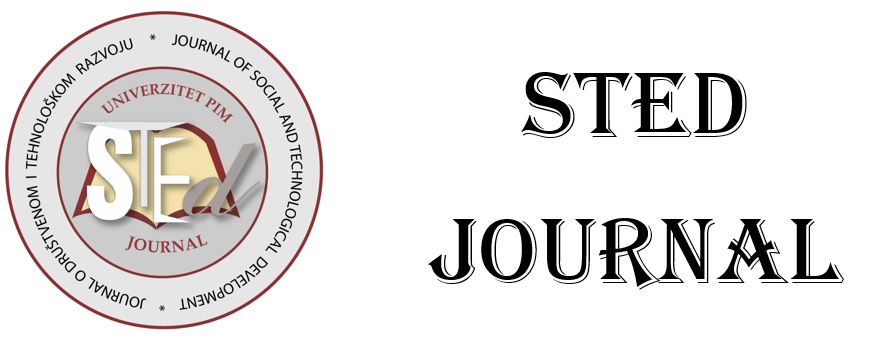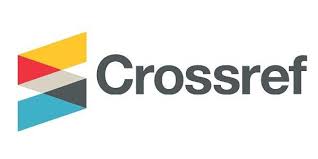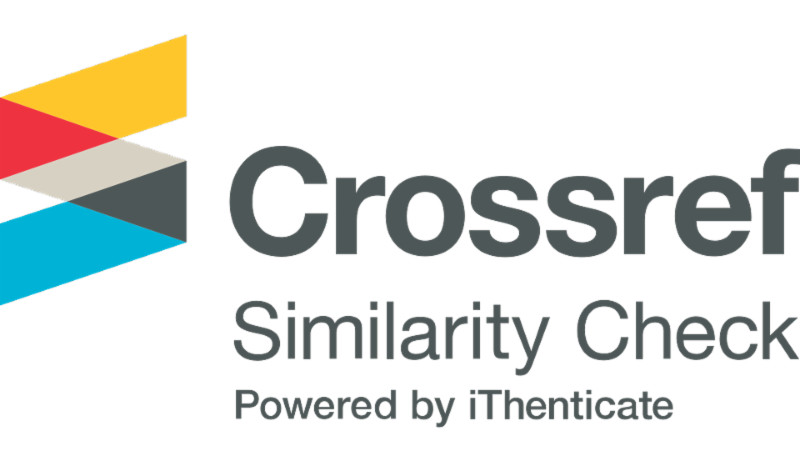
More articles from Volume 3, Issue 2, 2021
FABRICATION OF TEMPERATURE AND pH SENSITIVE BIOPOLYMER/CLAY BIOCOMPOSITE AS DRUG CARRIER FOR RANITIDINE – HCl
INFLUENCE OF SOCIO-DEMOGRAPHIC FACTORS ON MOTIVATION FOR WORK
EARLY FAMILY INTERACTIONS IN CASE OF SEXUAL DELINQUENTS
BOSNIA AND HERZEGOVINA AND THE EUROPEAN UNION – STILL FAR AWAY FROM INTEGRATION
SPECIFICITY OF RADIO ENVIRONMENT, ITS POTENTIALS AND THE ISSUE OF SURVIVAL
Article views
SITUATION OF SECURITY MARKETING IN BOSNIA AND HERZEGOVINA AND REPERCUSION ON BUSINESS ENVIRONMENT; IMAGE AND STAKEHOLDERS
Faculty of Economics, University PIM Banja Luka , Banja Luka , Bosnia and Herzegovina
Received: 20.10.2021.
Accepted: 18.11.2021. >>
Published: 29.11.2021.
Volume 3, Issue 2 (2021)
pp. 73-82;
Abstract
A modern marketing system is based on supply, market conditions and regulated institutions. Defined as a pillar of the rule of law, the authority and strength of institutions depends on political stability, legal solutions and the rule of law, efficiency of the public administration system, corruption, civil liberties, but also commitment to philosophy and marketing concepts. Unfortunately, Bosnia and Herzegovina has not yet established an appropriate system in any of these areas and it is obvious that there is a significant gap between the situation in this area in our country and in the developed world. The rules according to which the socioeconomic structure is regulated, as well as the institutions and related institutions, do not form a system that, in accordance with modern principles of developed economies, provides efficiency and support for economic activities, and contributes more strongly to the goals of modern and democratic socio-political system. Marketing, with the philosophy of its approach, strongly determines economic and social trends, so that the developed marketing concept in the institutions of the system is one of the conditions for stability and progress of the country. The aim of this research is to point out that marketing in the security structures of Bosnia and Herzegovina is small and insufficient, that it is not at the level that provides the best in the society and shows us the outcome of such a situation for security and development processes in the community.
Keywords
References
Citation
Copyright
All papers are licensed under a Creative Commons Attribution 4.0 International License.
Article metrics
The statements, opinions and data contained in the journal are solely those of the individual authors and contributors and not of the publisher and the editor(s). We stay neutral with regard to jurisdictional claims in published maps and institutional affiliations.











